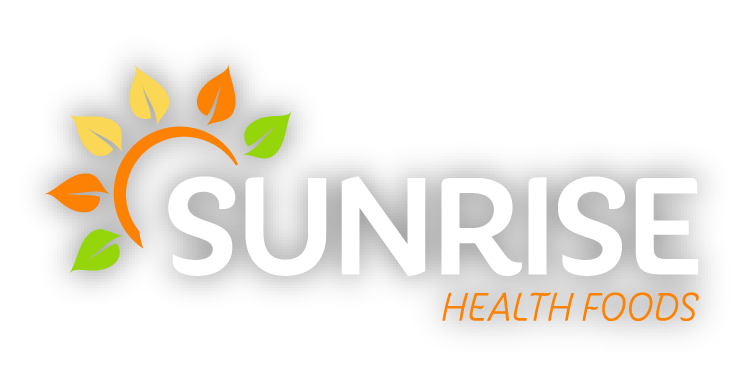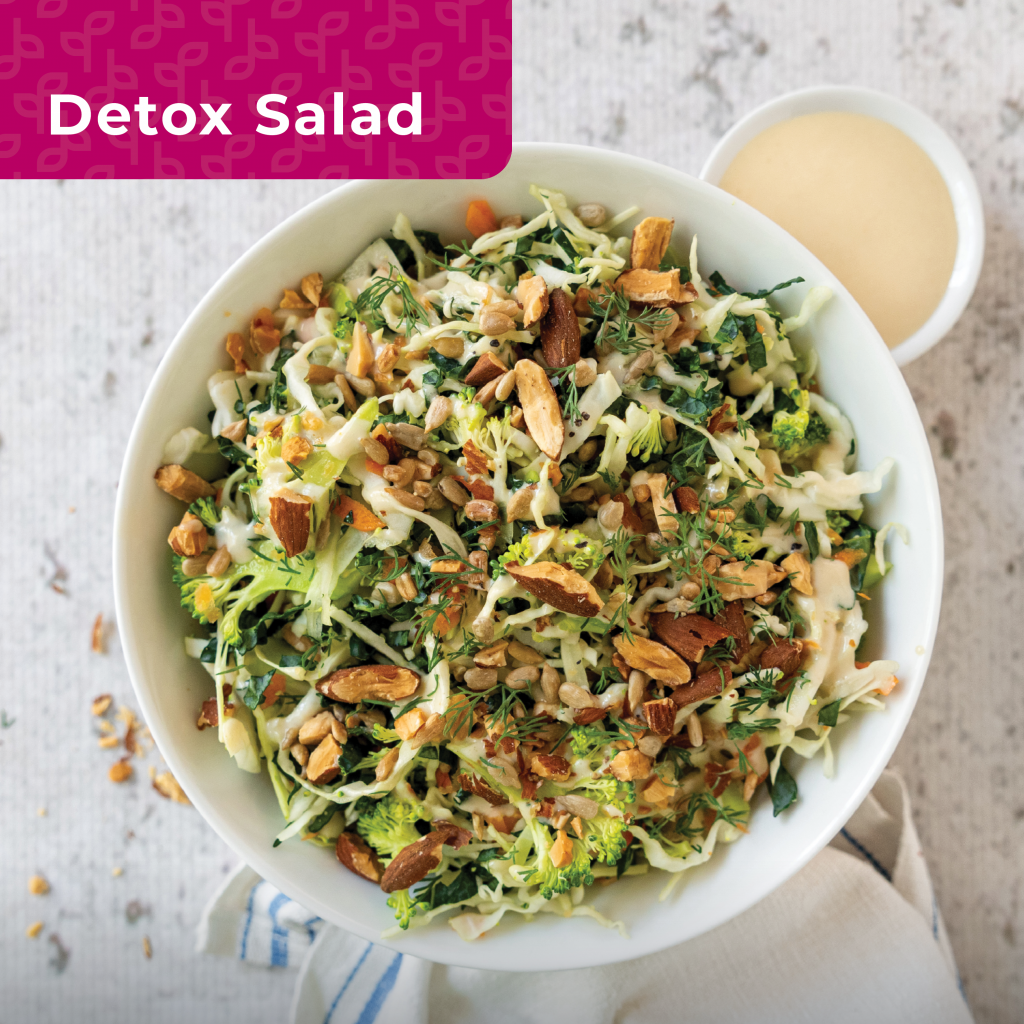
What is Vitamin E?
Vitamin E is a powerful natural antioxidant that helps preserve lipids in the body, such as the omega-3 DHA—the most prevalent fatty acid in the brain. Most Americans do not get enough vitamin E from foods.
Newborns
In the developing embryo, vitamin E protects the function of omega-3 fatty acids, particularly DHA, which is essential for the child to develop a healthy, fully formed brain and skull. In one study, children born with higher levels of vitamin E had better cognitive function compared to kids with lower levels.
Discussing the findings, Dr. Maret G. Traber said, “It is important all your life, but the most compelling evidence about vitamin E is about a 1,000-day window that begins at conception, where vitamin E is critical to neurologic and brain development that can only happen during that period. It is not something you can make up for later.”
Adults
Measuring the lifelong dietary pattern, older adults who got more vitamin E and who maintained a more consistent supply of vitamins had larger brain size and better cognitive function compared to those who get less E and other vitamins over a lifetime. While vitamin E supplements do not appear to prevent Alzheimer’s disease, studies show vitamin E does slow its progression.
Low Levels
Low levels of vitamin E in expectant mothers are linked to infection and anemia, and to stunted growth in their babies. Babies who are deficient can have neurological disorders, deterioration of skeletal muscle, and weakening of the heart muscle.
Healthy Prostate
A new study of 12,641 men who took 400 IU of vitamin E every other day or a placebo, found, over a 10-year follow-up, no link between prostate cancer and vitamin E, contradicting the findings from the earlier SELECT study.
Reference: Advances in Nutrition; September, 2014, Vol. 5, 503-14


